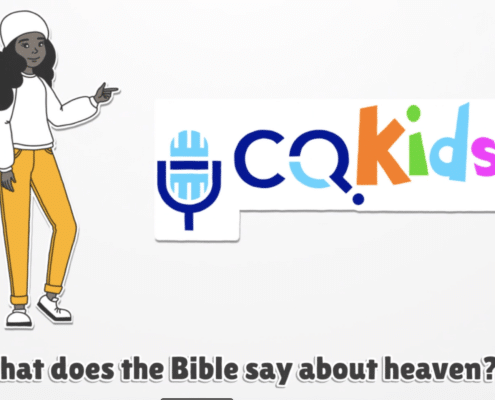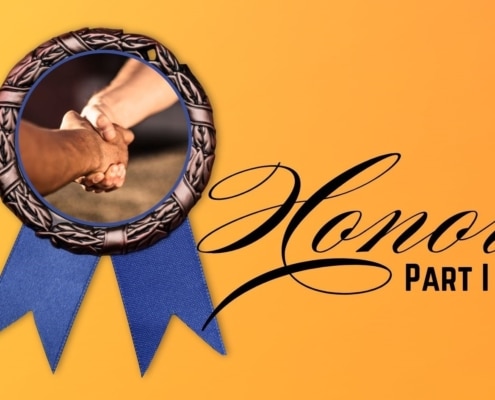Ep.981: What Makes a Church a “Good Church”?
Important foundation stones of a true Christian church
If you do not have a password, please subscribe to our FREE Premium Content for the Full Edition version of CQ Rewind. The welcome message will contain your password, and a reminder will be sent each week when the CQ Rewind is available online for you to read, print, or download.
CHAPTERS
Theme Scripture: Titus 2:11-12
Christians like most other people are creatures of habit. Although society has engineered dramatic changes in how we handle our lives, for many Christians the act of going to church remains a staple in their lives. We go to church to do what? Traditionally we have gone to learn about God, to have fellowship with those of like mind, to get away from the rat race of our lives and to remind ourselves about how to live in a Christlike fashion. Traditionally we have gone to church to reaffirm our faith – to strengthen ourselves to better stand for our core beliefs. As I said, times have changed...now it seems as though many of us go to church for different reasons. In many instances church has become a place of neighborly activity, social acceptance, goodness, activities entertainment and fun. Church is now a nice place to go to feel good about myself. So, are these changes unhealthy or bad? What’s wrong with feeling good about myself? What makes a church a really good church?
To get to the bottom of such a basic question we really have to decide whose answer we want to focus on. We could go with a broad-based opinion poll and find out what random Christians think makes one church better than another. At first glance this might sound like a good way of doing things, as we would be considering the thoughts and impressions of many who name the name of Christ. This approach would certainly provide an answer, but that answer would be fundamentally flawed as it would have its basis in what random Christians FEEL. While feelings are important to recognize and acknowledge, they should NOT be central in our understanding of what makes a church “good.”
If we don’t base our thinking on what Christians think and feel, what do we base it on? The Bible, specifically the New Testament. Think about it, the New Testament is the place where we find what the apostles did to set up “church” meetings and fellowship and how they did it. We can see where they met, how they were organized, what was important, who was in charge and how they got to be in charge. Now we might think that what the apostles did and how they did it is over 2,000 years old and certainly needs an overhaul to catch up with our digital age. Their way is surely outdated and no longer relevant – right?
Um, not so much…the apostles taught us the fundamentals of what God requires of each and every Christian and built the “church” structure around those fundamentals. Surely we don’t believe that just because we live here and now in a world of technology and advanced knowledge that God would require something different of us, do we? Check out our July 31, 2017 podcast, “What Makes a Church a Good Church?” and see just how relevant the teachings of the apostles are to our present day. The biblical answers to what makes a church "good" will probably surprise you. At the very least, I promise they will make you think about what you can personally do to make your own “church” experience far more valuable!





















